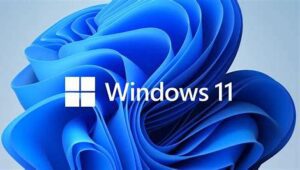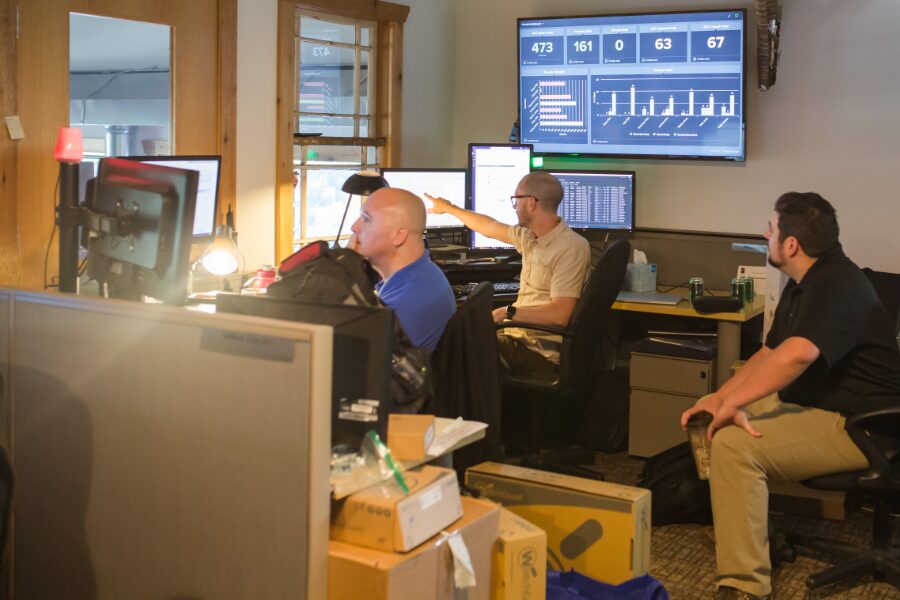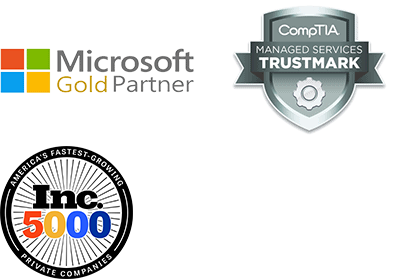Computers, servers, mobile devices, and more, are constantly seeing hardware and component upgrades being released. From faster processors to new screens, it feels like there are new elements being released on a daily basis. This can make many business owners feel like they must upgrade. The problem is though that this is a costly endeavour. If you are wondering whether to upgrade or not, here are five signs that you should.
1. Replacement parts are difficult to find
Computers, servers, and even mobile devices are made up of a number of different parts of hardware that rely on other parts in order to operate properly. If one breaks down, there is a good chance that the whole system will stop working.
Luckily, for many newer pieces of hardware and systems, replacements are easy to come by. But, if something breaks and you are having trouble finding replacement parts then it might be a good idea to consider upgrading. The reason for this is because parts that are more difficult to find are usually going to cost more when you can actually find them. While this may be ok for one system, if you have more than one system using the same components there is a good chance that these will also need to be replaced, leading to increased costs.
2. Repair costs outweigh replacement costs
Some hardware components can only be repaired by experts with highly specialized skills. What this means is that should this hardware break, you will likely be facing a fairly high repair bill. What we recommend is to always get a quote on how much it will cost to repair your broken hardware first.
When you have this quote, look at the price of replacement components. If it’s more affordable to replace, then this is usually a better option. Of course, you are going to want to ensure that any replacement parts are actually compatible with your system, so before you go purchasing be sure to ask check with your IT partner.
3. You are running ‘legacy’ systems
Legacy systems are computers and technology deemed to be old by experts. For example, computers running Windows XP, or computers purchased before the release of Windows 7 would be considered legacy systems.
While these may be working like a charm now, they will eventually break. When this happens, you will see higher repair costs when compared with new technology. Beyond replacement costs is the fact that many manufacturers and software developers have stopped supporting older systems. This means that should an error occur, you will not necessarily be able to get support from the company who made the hardware. This can lead to repair delays and lost productivity.
Now, not every “old” system will need to be replaced right away. What we recommend is talking to an IT partner like us. We can help you determine if your older systems do actually need to be replaced, and suggest affordable alternatives.
4. Hardware is impeding productivity
If you or your employees are struggling to complete work because of constant computer crashes, or slow systems, productivity will be lower than it could be. Should you notice this in your office, it is a good idea to look into upgrading your systems in order to enable employees to do their jobs properly.
5. Your systems don’t meet minimum requirements
If you are going to install new software or systems that require other hardware components, be sure to look at the minimum requirements. Almost every piece of software indicates which requirements must be met in order for the software to work.
If your systems don’t meet these minimum requirements, then the software won’t work. Should they meet them, but just barely, the software will work but there is a good chance that it won’t work as well as it could do. Should you not meet the requirements, you will need to upgrade your hardware.
Looking to upgrade, or for some advice on how you can keep your systems working? Contact us today to learn more about our services and how we can help.
Published with permission from TechAdvisory.org. Source.





